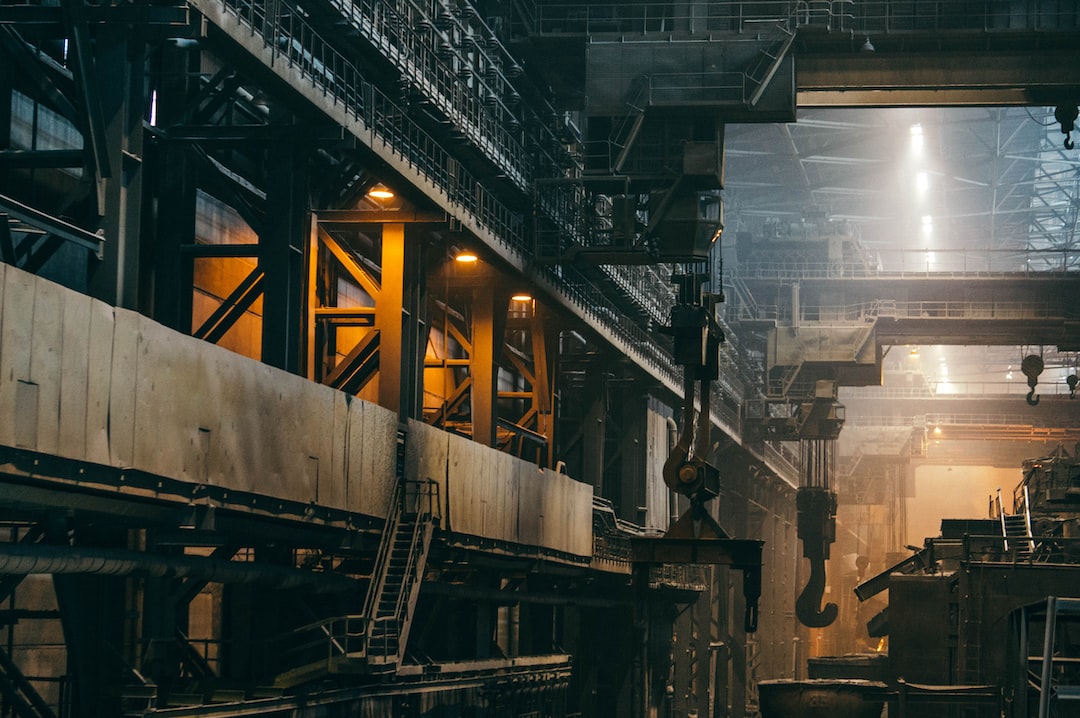The Future of Space Exploration: Innovative Engineering Solutions
Since the dawn of human existence, we have always been fascinated by the mysteries of outer space. From the Apollo moon landings to the exploration of Mars, our desire to push the boundaries of our knowledge and understanding has led us to incredible achievements in space exploration. However, as we venture further into the cosmos, we are faced with new challenges that demand innovative engineering solutions. In this blog post, we will discuss the future of space exploration and the crucial role that engineering plays in this exciting endeavor.
One of the critical areas of focus for the future of space exploration is sustainable propulsion systems. Traditional chemical rockets have served us well, but they are limited by their reliance on propellants that must be carried onboard. This limits the distance and payload capacity of spacecraft. To overcome these limitations, engineers are developing new propulsion systems, such as ion propulsion and nuclear propulsion.
Ion propulsion, also known as electric propulsion, is an innovative technology that uses electric fields to ionize gases and accelerate them to generate thrust. Unlike chemical rockets, ion thrusters are highly efficient and can continuously operate for extended periods. This makes them ideal for long-distance missions, such as interplanetary travel. NASA’s Deep Space 1 and Dawn spacecraft have successfully utilized ion propulsion for their missions, paving the way for the future of space exploration.
Another promising propulsion technology under development is nuclear propulsion. Nuclear-powered rockets have the potential to provide significantly higher thrust and efficiency compared to chemical rockets. By utilizing nuclear reactions to heat propellant, these engines can generate immense power that would enable faster and more efficient travel within our solar system. Despite the challenges and concerns associated with nuclear propulsion, engineers are working to ensure its safety and viability for future deep space missions.
In addition to propulsion systems, engineers are also focused on improving spacecraft design and materials for space exploration. The harsh environment of space presents unique challenges, including extreme temperatures, radiation, and micrometeoroids. Future spacecraft will need to be more robust, resilient, and lightweight to withstand these conditions and ensure the safety of astronauts.
One innovative solution being developed is the use of advanced materials, such as carbon nanotubes and graphene, which offer exceptional strength-to-weight ratios. These materials have the potential to revolutionize spacecraft design by enabling the construction of lighter and stronger vehicles. Engineers are also exploring the use of 3D printing technology to manufacture spacecraft components in space, eliminating the need for heavy payloads and reducing costs.
Furthermore, the future of space exploration heavily relies on autonomous systems and robotics. As we reach farther into space, the time delay in communication becomes more significant. To overcome this limitation, engineers are developing robots and artificial intelligence systems that can operate independently in space. These robotic explorers will be crucial in conducting scientific investigations, building structures, and performing maintenance tasks.
NASA’s Mars rovers, Spirit, Opportunity, and Curiosity, have demonstrated the remarkable potential of robotic exploration. These rovers have provided valuable information about the red planet’s geology, climate, and potential for habitability. As technology continues to advance, future robotic explorers will have even greater capabilities, enabling us to delve deeper into the mysteries of our universe.
In conclusion, the future of space exploration relies on innovative engineering solutions. Sustainable propulsion systems, advanced materials, autonomous systems, and robotics are just a few of the areas where engineers are driving progress in this field. As we continue to push the boundaries of our knowledge and venture into the unknown, it is through the ingenuity and dedication of engineers that we will realize the incredible potential that space exploration holds. The future is indeed exciting, and the possibilities are limitless as we unlock the secrets of the universe.


